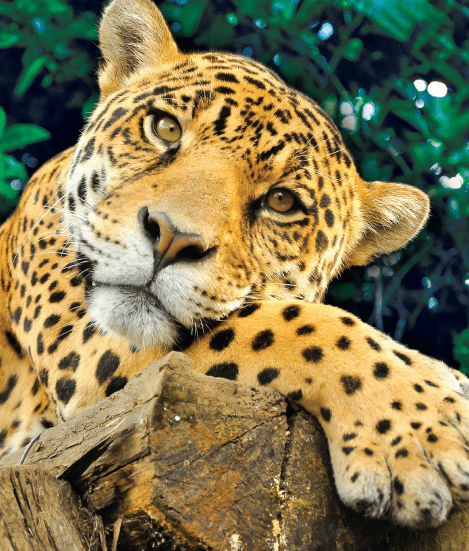


ALU’s SOWC, Dalberg, and FSD Africa Investments bring together their in-depth understanding of biodiversity conservation and restoration as well as impact investments to form a partnership that will help investors measure and rate biodiversity outcomes
Biodiversity conservation and restoration is underfunded, despite the significant threat to humanity by biodiversity loss. Biodiversity loss is ranked as the third most significant threat to humanity, after carbon emissions and nuclear war. Yet, less than 16% of the required funding is currently available for biodiversity protection, leaving a US$ 700 billion funding gap for biodiversity conservation and restoration. Private capital can play a critical role in closing this funding gap while tapping into an attractive asset class that is poised to grow. However, investments are currently limited because there is no standard way to measure and communicate biodiversity impacts. Investors are looking for simple, credible tools based on biodiversity science.
Biodiversity Investment Research and Advisory (BIRA) is an initiative launched and hosted by the African Leadership University’s School of Wildlife Conservation, Dalberg, and FSD Africa Investments. BIRA aims to make it easier for companies to measure and communicate their positive impact on biodiversity, which will help unlock investments for the sector and close the funding gap for biodiversity conservation and restoration.





The ALU School of Wildlife Conservation is the first of its kind on the continent, dedicated to growing the next generation of world class conservation leaders in Africa.
The continent needs home grown African leaders to spearhead new and innovative approaches in the business of conservation.
Bumbogo, Kigali Innovation City, Next to Azam, Kigali, Rwanda
Phone: +250 784 650 219
sowc@alueducation.com